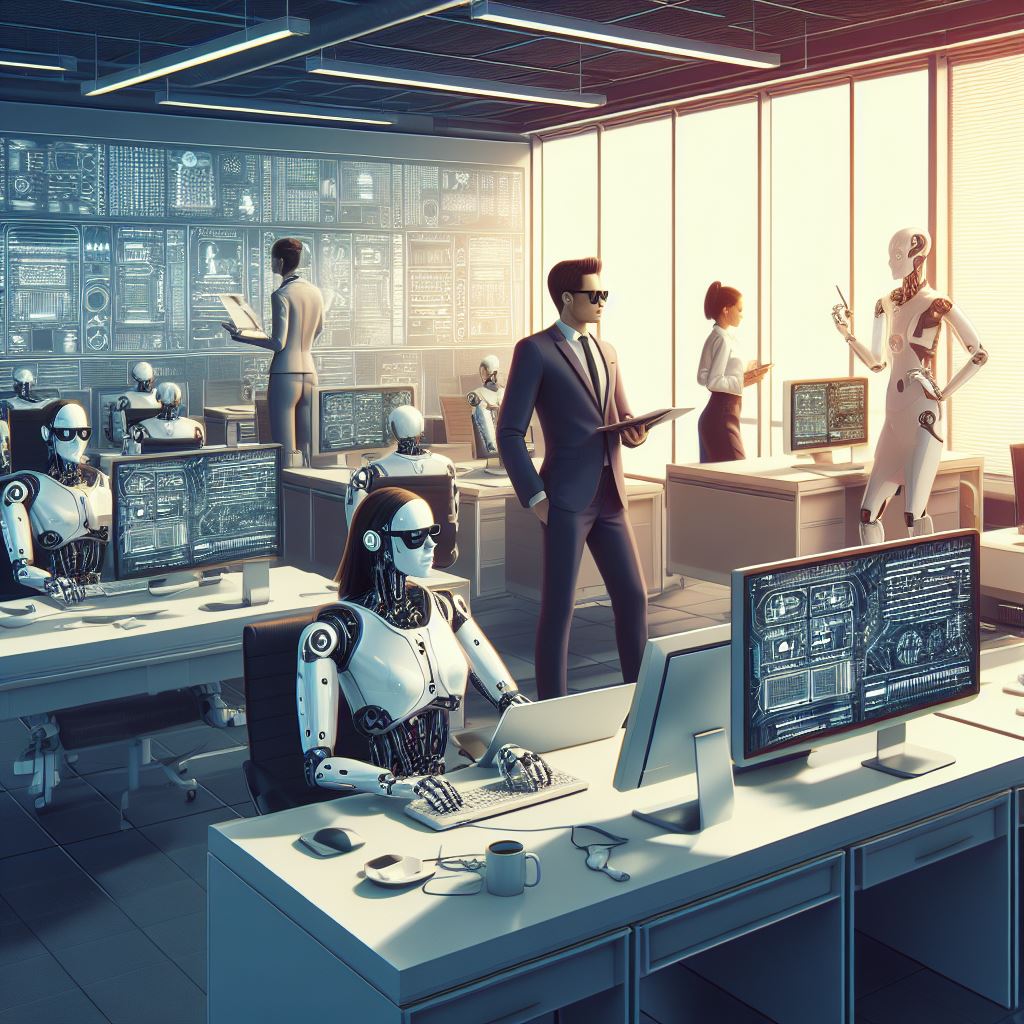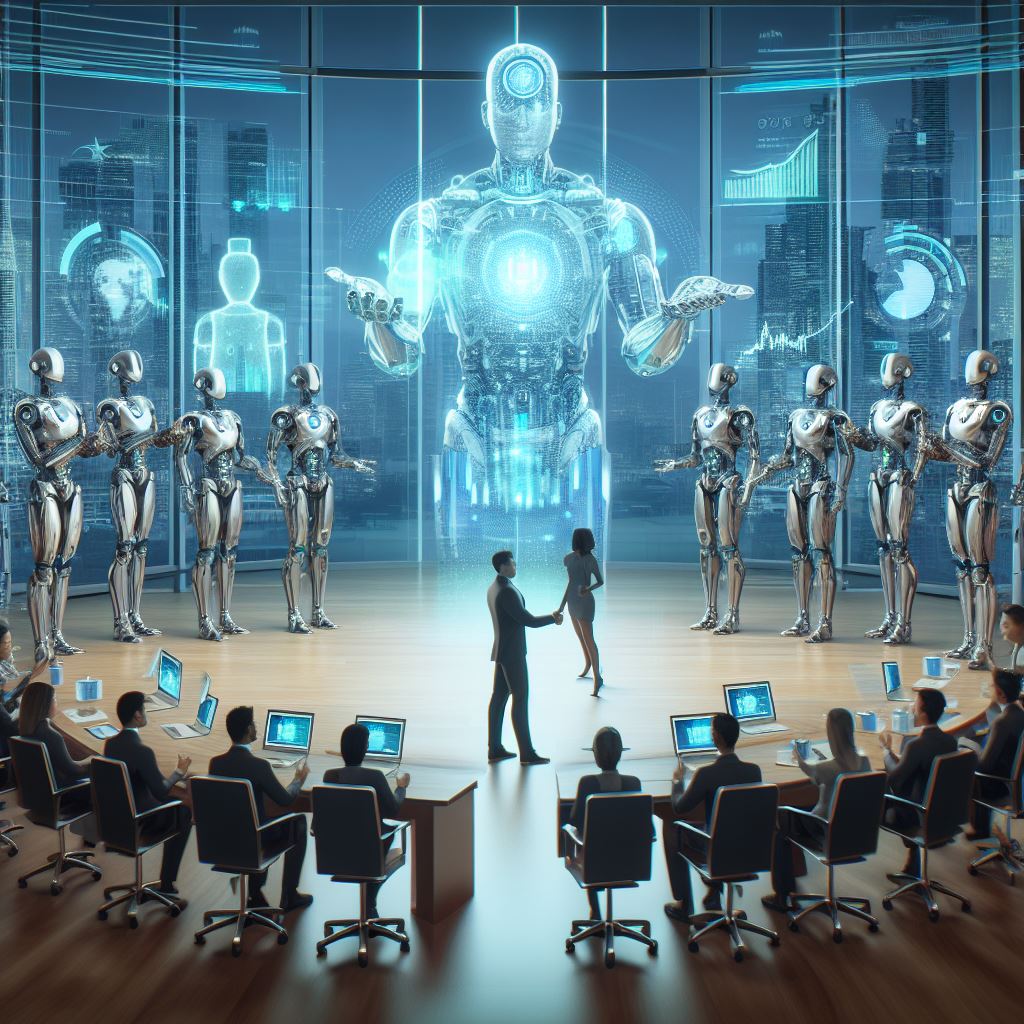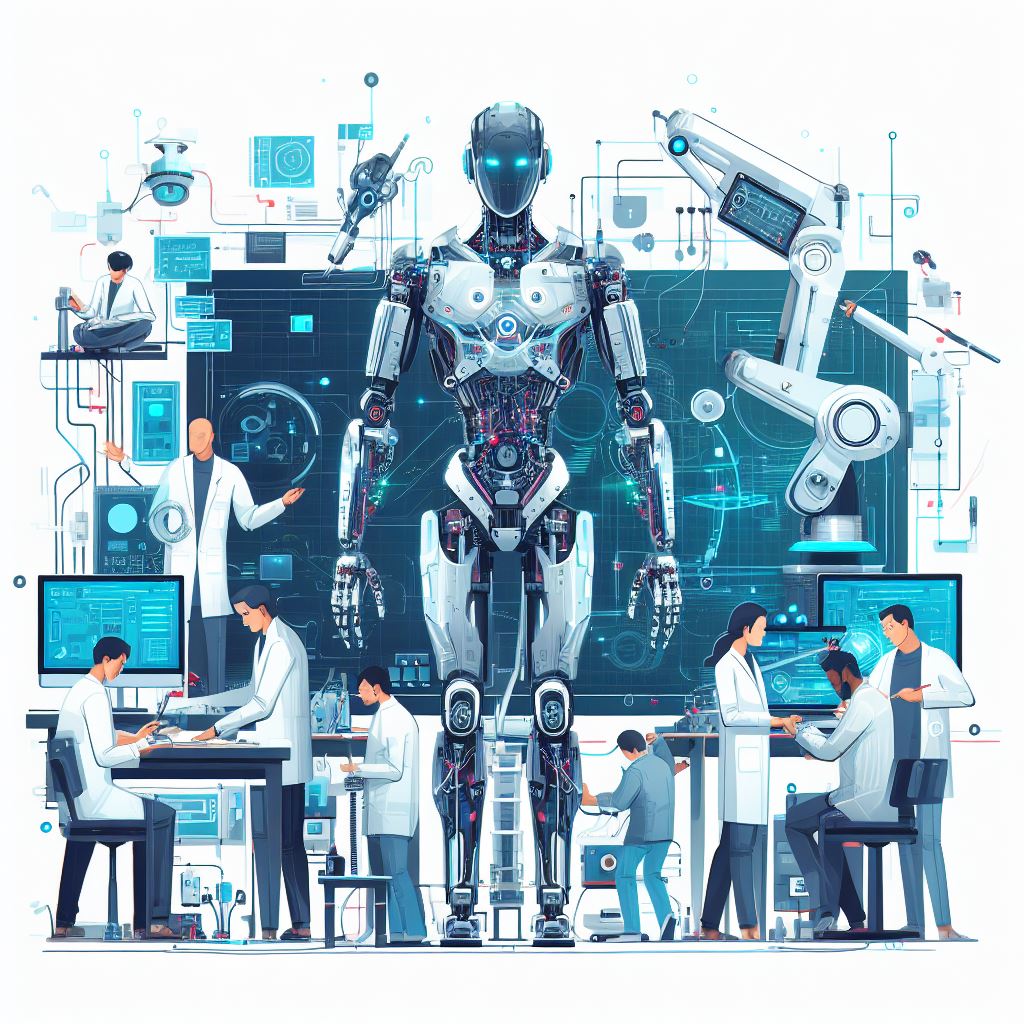The realm of automation and artificial intelligence has expanded exponentially, raising intriguing questions about the trajectory of human society. One recurring theme in discussions about this evolving landscape is the apprehension regarding the potential dominance of robots over humanity. The emergence of sophisticated AI and robotics has sparked both curiosity and concern about the future relationship between machines and mankind.
The Rise of Automation
Advancements in technology have undeniably revolutionized various industries, from manufacturing to healthcare and beyond. Automation has streamlined processes, enhanced efficiency, and elevated productivity, leading to the creation of innovative solutions that were once confined to the realm of science fiction. However, with these leaps in technological prowess comes a profound contemplation: are we steering toward a future where robots might surpass human capabilities?
Want to know more about our Tech Solutions? Visit us at www.nesesho.com
AI’s Evolution and Limitations
Artificial Intelligence (AI) has made remarkable strides, exhibiting the ability to learn, adapt, and perform tasks with astonishing accuracy. Yet, despite these advancements, current AI is still limited by the scope of its programming. AI lacks genuine consciousness or emotions, operating solely based on algorithms and data. It excels in specific domains but lacks the nuanced understanding and creativity inherent in human intelligence.
The Human Element
Humanity’s strength lies in its emotional intelligence, creativity, and adaptability—traits that are challenging to replicate in machines. Our ability to navigate complex social interactions, exhibit empathy and think abstractly gives us a unique edge over AI. While machines can process vast amounts of information rapidly, they struggle with subjective judgments, ethical dilemmas, and understanding the intricacies of human emotions.
Collaborative Future: Humans and Robots
Rather than envisioning a dystopian future with robots reigning supreme, a more plausible scenario is a collaborative coexistence between humans and machines. Robots and AI can complement human capabilities, taking over mundane and repetitive tasks while allowing humans to focus on creative endeavors, critical thinking, and innovation. This synergy could lead to unprecedented progress across various fields, revolutionizing industries and augmenting human potential.
Ethical and Societal Implications
However, this symbiotic relationship between humans and machines raises critical ethical and societal questions. Concerns regarding job displacement, data privacy, AI biases, and the potential misuse of technology must be addressed proactively. Striking a balance between technological advancement and ethical considerations is imperative to ensure that the benefits of automation are accessible to all while mitigating its adverse effects.
The Importance of Ethical AI Development
The responsibility of shaping the future of automation lies in the hands of innovators, policymakers, and society at large. Prioritizing the ethical development and regulation of AI and robotics is crucial. Implementing transparent and accountable frameworks, fostering diversity in tech, and encouraging ethical AI education can help steer us towards a future where technology serves humanity’s best interests.
Thoughts
The concept of robots ruling the world captivates the imagination, the reality is far more nuanced. The future of humanity and automation hinges on our ability to harness technological advancements responsibly, ensuring that machines remain tools that augment human potential rather than entities that supersede it. By embracing collaboration, ethical considerations, and conscious innovation, we can pave the way for a future where humans and robots coexist harmoniously, fostering progress and enhancing the quality of life for all.
Want to know more about our Tech Solutions? Visit us at www.nesesho.com



